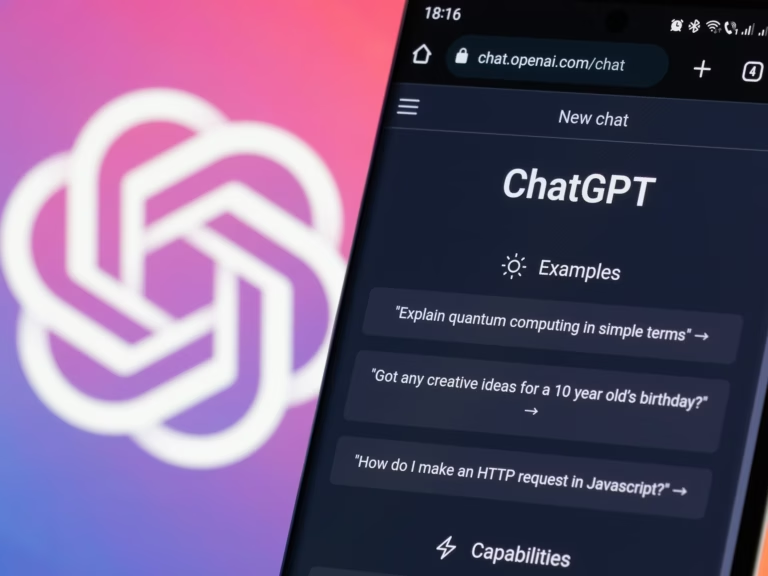Creating Images with AI (Without Going Insane)
How to use Midjourney to make high-quality images — even if you’re not a designer.
Article coEstimated read time: 4 minutes
AI image tools can feel like magic… or absolute madness.
You type in what you think is a great prompt, hit generate — and out comes a bizarre mess of extra fingers, wonky lighting, or something that looks like it escaped from a haunted doll museum.
Let’s fix that.
Here’s how to get useful, not frustrating results when creating images with AI.
1. Start with the right tool
Different tools suit different goals:
- Midjourney – great for artistic or stylised images
- DALL·E / ChatGPT image tool – handy for more literal concepts
- Pika / Kling / Runway – ideal for short video or animation-style outputs
Start with one. Don’t get overwhelmed trying them all at once.
2. Think like a director, not a shopper
You’re not just “asking” for an image. You’re directing one.
Include:
- The subject (what’s in the frame?)
- The style (realistic, cartoon, retro, cinematic?)
- The lighting or mood (sunset, dramatic shadows?)
- The background (clean, detailed, indoor/outdoor?)
Example prompt:
“A realistic photo of a young entrepreneur working on a laptop at a sunny café. Soft lighting, shallow depth of field, modern minimalist style.”
3. Use references
If your tool allows it, upload a reference image. This gives the AI visual cues it can’t misinterpret.
4. Don’t expect perfection in one go
Good image generation usually takes multiple rounds.
Tweak the prompt slightly. Change a word. Reframe the scene. You’re refining a sketch, not snapping a photo.
5. Save your good prompts
Once you get a great result, save that prompt like gold.
Reuse and adapt it later — that’s your secret weapon.
6. Know when to stop
Some days the AI just isn’t listening. If you’re on version 14 and it still looks like a Picasso fever dream, walk away. Come back later. Fresh eyes, better brain.
Want help with this stuff?
In the Creative AI Bootcamp, I show you how to use image and video generation tools like Midjourney, Gamma, Pika, and Kling — all without losing your mind.
You’ll get real-world examples and prompts that actually work.ntent coming soon!



